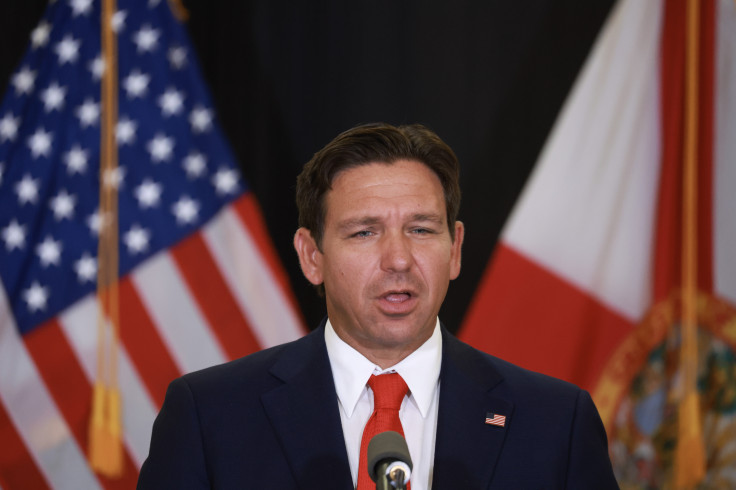
Florida Gov. Ron DeSantis' administration has issued warning letters to 40 companies for potential noncompliance with the state's E-Verify laws, which mandates that employers with more than 25 employees to use the federal E-Verify system to verify their immigration status and imposes severe penalties for non-compliance
The notices, sent to businesses including Cleveland Clinic Weston Hospital, Circle K, 7-Eleven, and Trulieve, state that the Florida Department of Commerce "received information from the Florida Department of Law Enforcement that you may not be in compliance with the E-Verify law."
"E-Verify basically requires employers to verify each employee's employment eligibility within three business days after the first day that the new employee begins to work for pay," explained Hector Diaz, managing partner with Your Immigration Attorney to The Latin Times.
"The law applies to every Florida company that has more than 25 employees and puts the onus on the company to make sure that the new employee is a US citizen or has work authorization approval from USCIS and has a valid Social Security number," added Díaz. "The inherent problem with this law is the enforcement -- the Florida Department of Revenue does not have sufficient agents to conduct the necessary inspections of these companies to see whether they were complying with E-Verify."
The letters sent by DeSantis, however, place the blame for lack of enforcement on lack of funding from the Legislature, a clear jab directed at Republican lawmakers who have themselves criticized DeSantis for failing to enforce E-Verify requirements amid their still-growing feud.
It's worth noting that the Department of Commerce had only issued eight enforcement letters during DeSantis' tenure, with none after 2023, according to the Miami Herald.
The conflict between DeSantis and GOP Legislators is far broader than the E-Verify bill and reached a boiling point on Tuesday when the Florida Legislature passed an immigration bill, formally titled the "Tackling and Reforming Unlawful Migration Policy (TRUMP) Act, that would allocate over $500 million for immigration enforcement and transfer authority over these efforts from the governor's office to Agriculture Commissioner Wilton Simpson.
DeSantis immediately vowed to veto the bill, accusing legislators of moving to the left on immigration, adding that it "fails to honor our promises to voters, fails to meet the moment, and would actually weaken state immigration enforcement.
Sen. Joe Gruters, R-Sarasota, one of the main sponsors of the TRUMP act, told the Miami Herald on Thursday that the failure to enforce E-Verify was a result of the DeSantis administration deprioritizing the program. "This was not a priority for the office, and the ball was dropped," he said.
The legislature has not yet sent the bill to DeSantis for his veto, but if lawmakers attempt an override, it is uncertain whether they have enough support. Some Republicans have already expressed doubts about their votes. Meanwhile, businesses that received compliance notices must now respond with documentation proving they are adhering to E-Verify requirements.
E-Verify, a federal program operated by the U.S. Department of Homeland Security, allows employers to verify new employees' work eligibility by comparing their information with federal databases. Florida law has required public employers to use the system since 2021, with private employers brought under its scope in 2023. Failure to comply can result in fines of up to $1,000 per day, suspension of business licenses, and other penalties.
© 2025 Latin Times. All rights reserved. Do not reproduce without permission.





